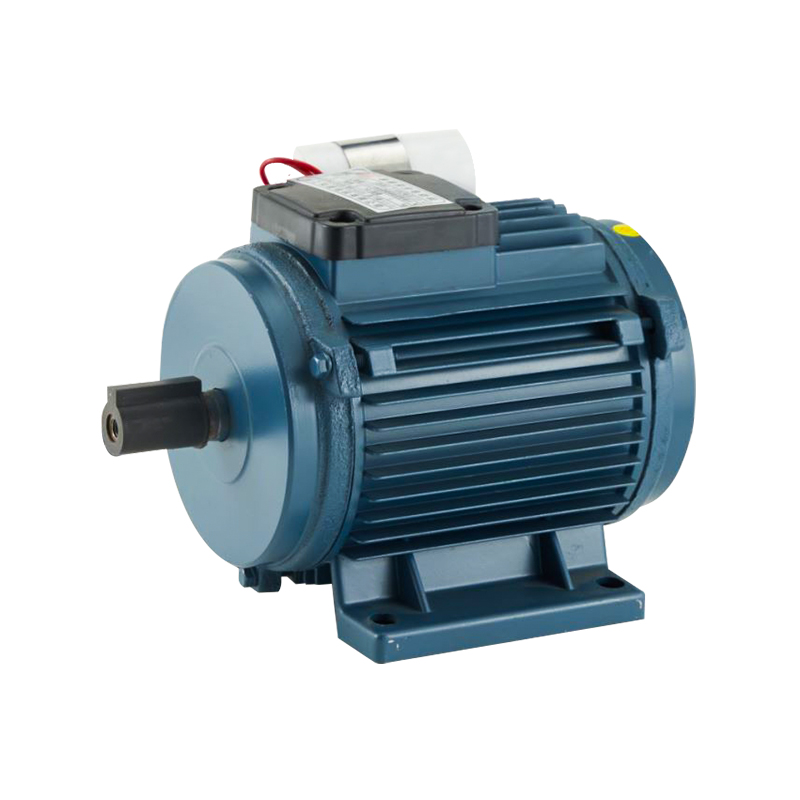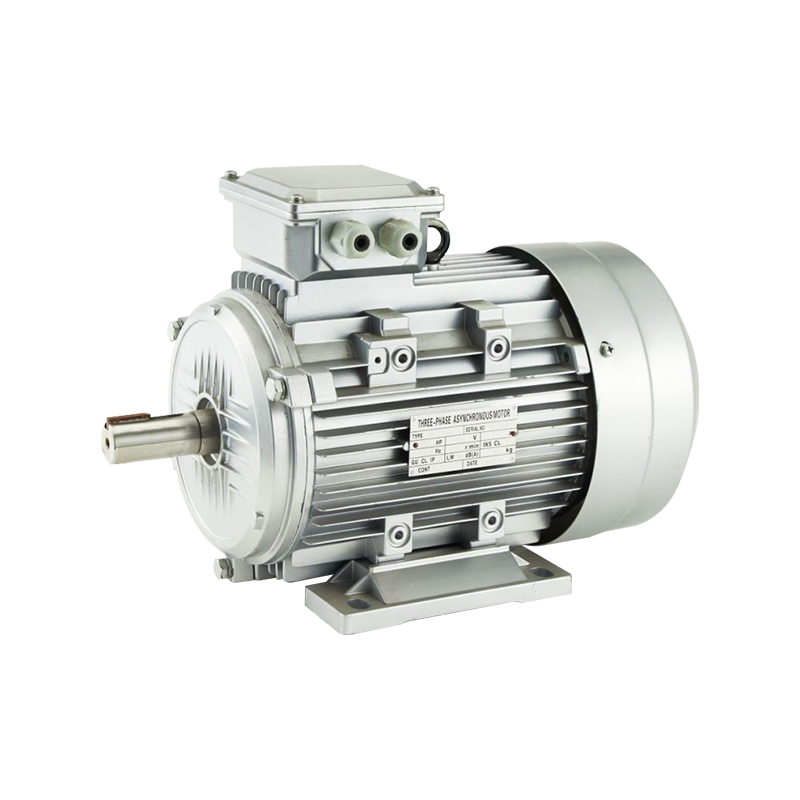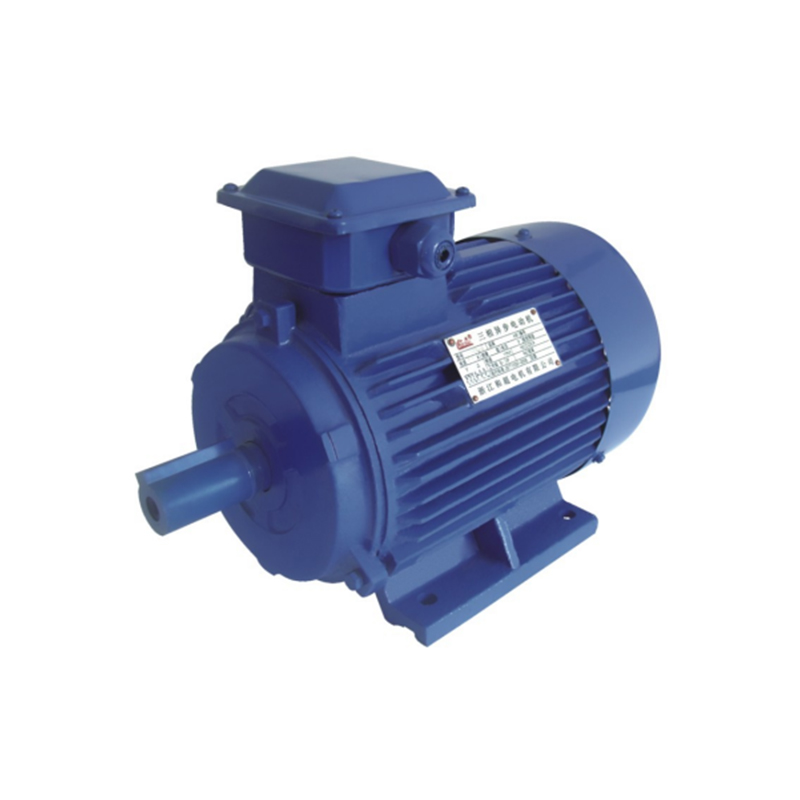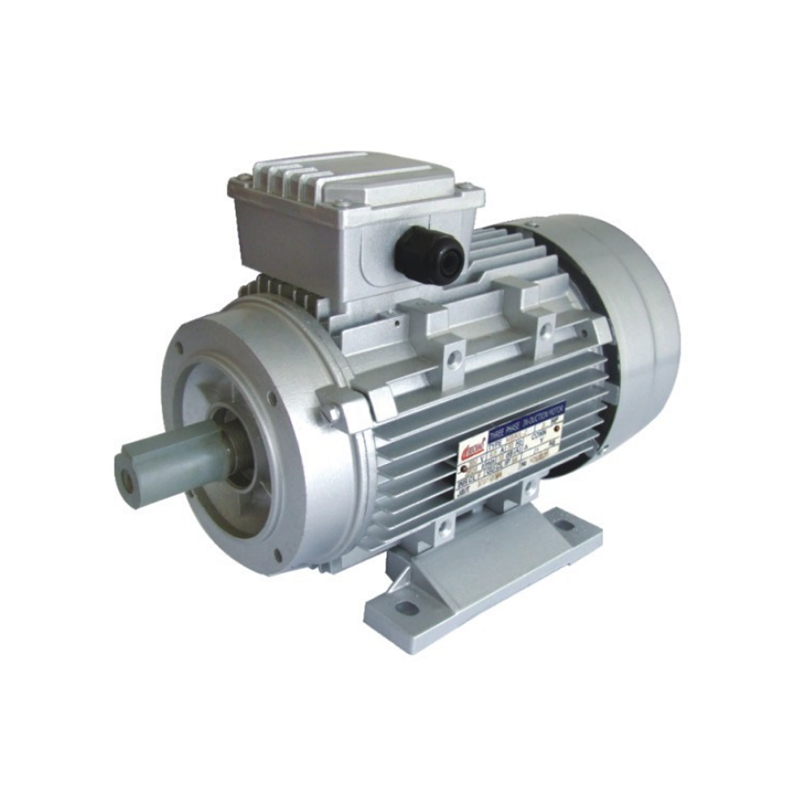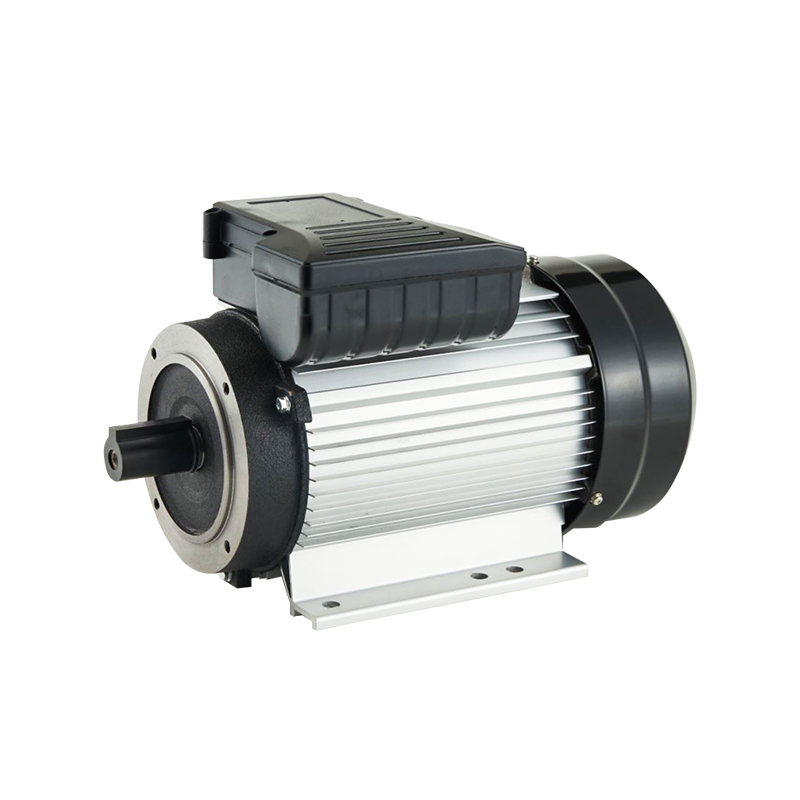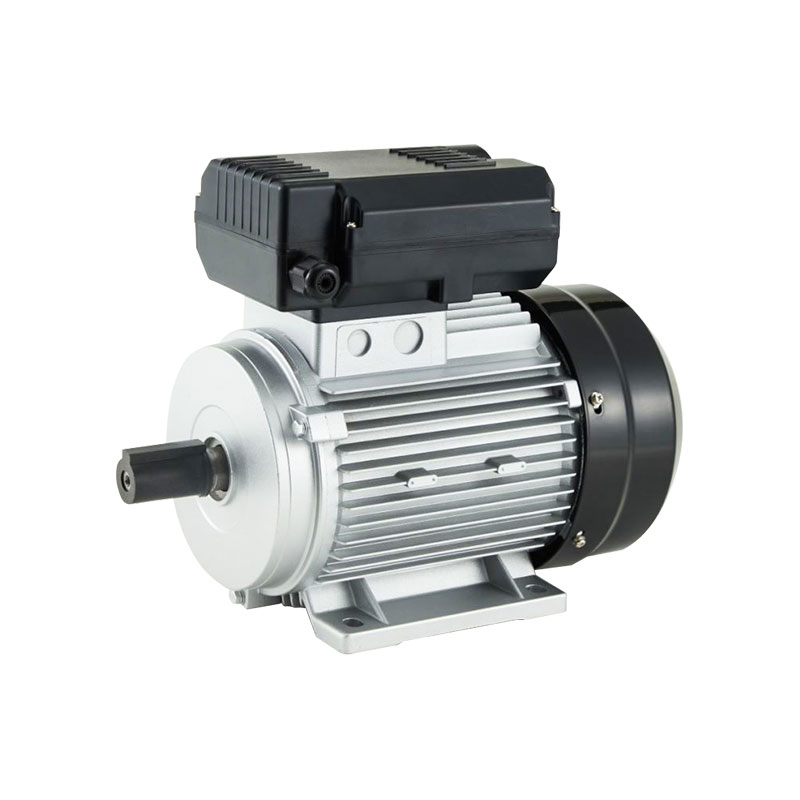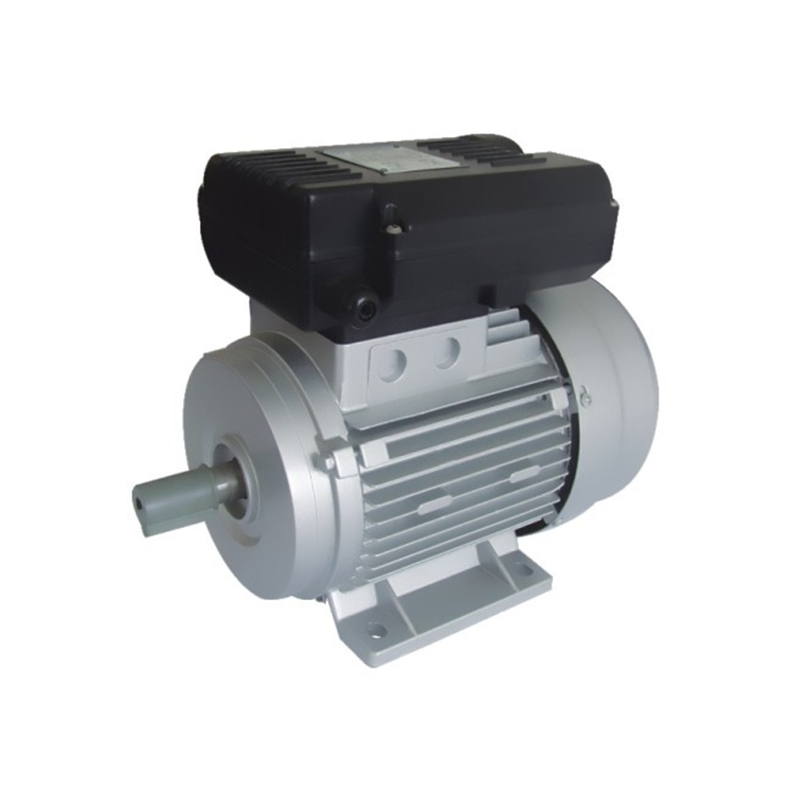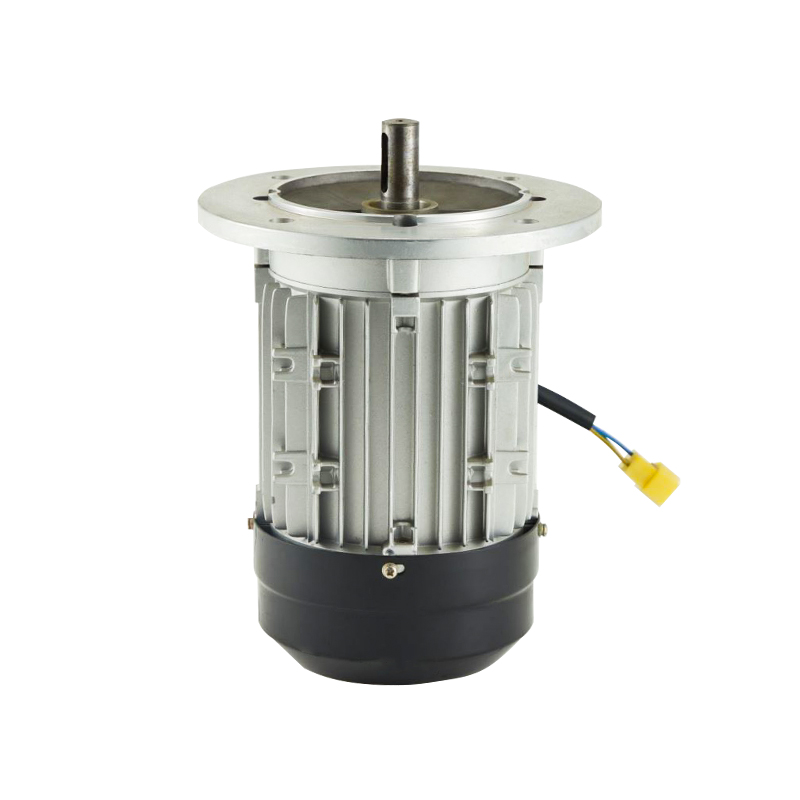Sustainability has become an important focus in modern manufacturing, encouraging industries to adopt technologies that reduce energy consumption and environmental impact. The 3 phase asynchronous induction motor plays a significant role in this transition by offering reliable and efficient operation in a variety of industrial applications. In particular, the Air Compressor Motor, which often relies on this motor type, contributes to sustainable manufacturing processes through improved energy management and operational efficiency.
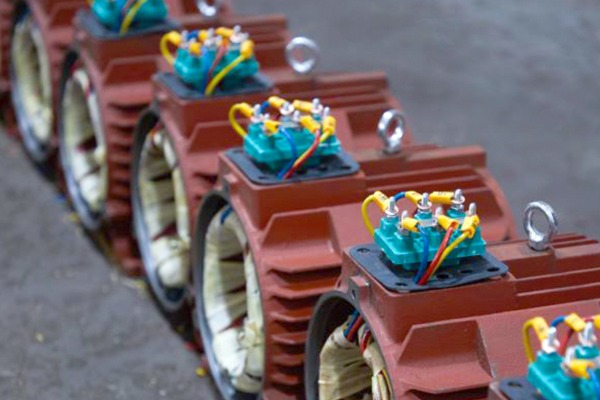
Three-phase asynchronous motors are widely used because of their robust design and adaptability. These motors, including Air Compressor Motors, operate efficiently under varying load conditions, which helps reduce unnecessary power usage. This adaptability makes the 3 phase asynchronous induction motor suitable for integration with energy-saving control systems, such as variable frequency drives (VFDs), that optimize motor speed and torque based on actual demand.
The use of energy-efficient Air Compressor Motors can significantly lower electricity consumption in manufacturing plants. Since compressed air systems often account for a substantial portion of industrial energy use, improving the efficiency of the Air Compressor Motor directly contributes to reducing overall plant energy consumption. The 3 phase asynchronous induction motor’s compatibility with advanced control systems enables facilities to operate with better energy profiles.
Sustainable manufacturing also involves less equipment downtime and extending the service life of machinery. The 3 phase asynchronous induction motor is known for its durability and simple structure, which facilitates easier maintenance and repair. This reliability reduces waste related to premature equipment replacement and supports sustainable resource use.
Furthermore, the reduction of heat generation by energy-efficient Air Compressor Motors lessens the need for additional cooling equipment, which further decreases energy consumption. Efficient thermal management enhances the 3 phase asynchronous induction motor’s operating conditions, preventing energy losses and contributing to longer equipment lifespan.
Manufacturers that implement 3 phase asynchronous induction motors in their air compression systems benefit from compliance with environmental regulations and energy standards. Many standards encourage or require the use of motors that meet specific efficiency criteria, driving the adoption of technologies that reduce carbon emissions and operational costs. Using Air Compressor Motors designed for efficiency supports these goals while maintaining performance levels necessary for industrial operations.
The integration of 3 phase asynchronous induction motors into smart manufacturing systems also supports sustainability. By using sensors and control software, these motors can operate with real-time monitoring and adjustments, less energy waste and optimized performance. Air Compressor Motors equipped with such features contribute to more intelligent energy use and predictive maintenance strategies.
Sustainable manufacturing is not only about reducing energy consumption but also about promoting reliability and longevity. The robust design of the 3 phase asynchronous induction motor, combined with its proven performance in Air Compressor Motor applications, aligns well with these principles by providing consistent operation and reducing the need for frequent replacements.
The 3 phase asynchronous induction motor plays a key role in supporting sustainable manufacturing processes, especially when applied as an Air Compressor Motor. Its energy efficiency, durability, compatibility with advanced control systems, and evolving manufacturing methods all contribute to lowering energy use and environmental impact in industrial settings.
Companies that prioritize sustainability may find that upgrading to or maintaining equipment with efficient 3 phase asynchronous induction motors benefits their overall operational goals while supporting broader environmental commitments.

